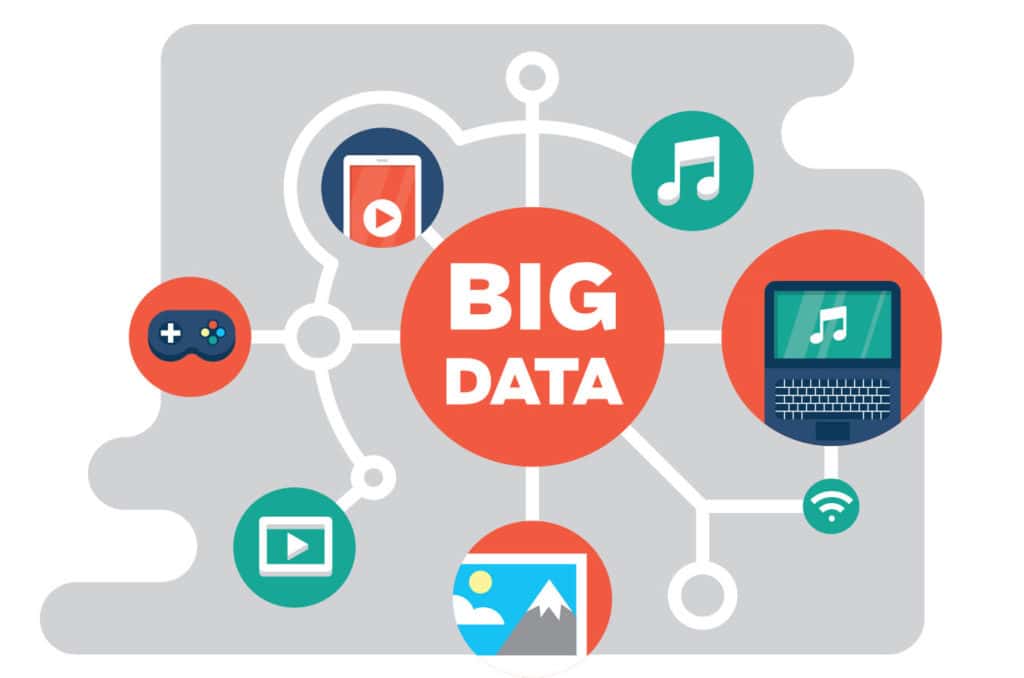Big Data in the Aviation Industry: The Case for Becoming Data-Driven
Share

APEX Insight: During the CAPA Asia Summit in Singapore earlier this month, airline and travel industry IT experts discussed big data and how to use it to inform decision-making. Amadeus suggested airlines should hire data scientists to reap the benefits of big data, while others offered a more focused approach to data management, tailored to accomplishing specific goals.
With passenger mobility and the Internet of Things (IoT) set to increase the flow of data, Amadeus IT Group’s global head of Sales and Commercial Travel Intelligence, Didier Mamma, recommends that airlines seek out data scientists to help them reap the benefits of data. According to a recent McKinsey report, cited by Amadeus, companies whose processes are data-driven are 23 times more likely to gain new customers, six times more likely to keep existing customers and 19 times more likely to be profitable.
“Big data is going to change the way we do business,” Mamma said. “All the systems have been made to be process-driven, and when it comes to big data you want to create smart processes. This means that you need to start from the data, not from the process.” According to Mamma, the booking process needs to be tailored around passenger data, but gathering data and finding trends requires people who are experts at reading data.

“Instead of using processes, you’ll use patterns. You need to hire [data scientists] … not just for one part of the silo, but everywhere, for operation, sales, marketing, for every dimension,” he says. “You are not going to define patterns just by pushing the button. You need to experiment, try, fail and succeed.”
Ilya Gutlin, president of Asia Pacific at SITA, said that airlines and airports are already committed to investing in IT infrastructure improvements that will help them manage, change and improve their operations and services. “For us, it’s two main aspects: the first is predictive analytics, being able to deal with passengers and airplanes … The second is personalization, being able to deal with the passenger in a more personal way. Sometimes you do want to be known by name.”
Gutlin also suggests that airports are at a disadvantage in terms of data gathering, when compared with airlines. Some airports are addressing that gap with better situational data sharing such as security line updates at Phoenix Sky Harbor International Airport and Miami International Airport’s way-finding app.
A recent study by Sabre suggests that there is a disconnect between how well airline management thinks they are doing and how passengers perceive improvements. According to the results, 81 percent of airline executives believe the customer experience has improved, while 66 percent of travelers believe the experience has remained the same or decreased.
Check-out these stats from @Sabre_Corp 97% of airlines will be investing in technology for customer experience improvements …#CAPASummit pic.twitter.com/dUOEb8f5uy
— FlightChic | ✈️💺 (@designerjet) November 15, 2016
John Chapman, head of Sales and Business Development at Sabre, suggests that data gathering and analysis is only part of the equation for passenger satisfaction. Ultimately, data has to be applied to material improvements in processes, products or services. “If, in addition to the use of data, you are also doing other things in your business [to improve], then it will be transformative. Otherwise, it will only be incremental,” says Chapman.
Andrew Cowen, CEO of HK Express, also suggests that data collection and analysis must be accompanied by practical applications. “You have to distinguish between the data and information. You can have reams of data, and that’s not the same as information to make decisions,” he says. “What is the information that gives you a competitive advantage and [informs] good decisions, and are your people actually trained to use it?”


